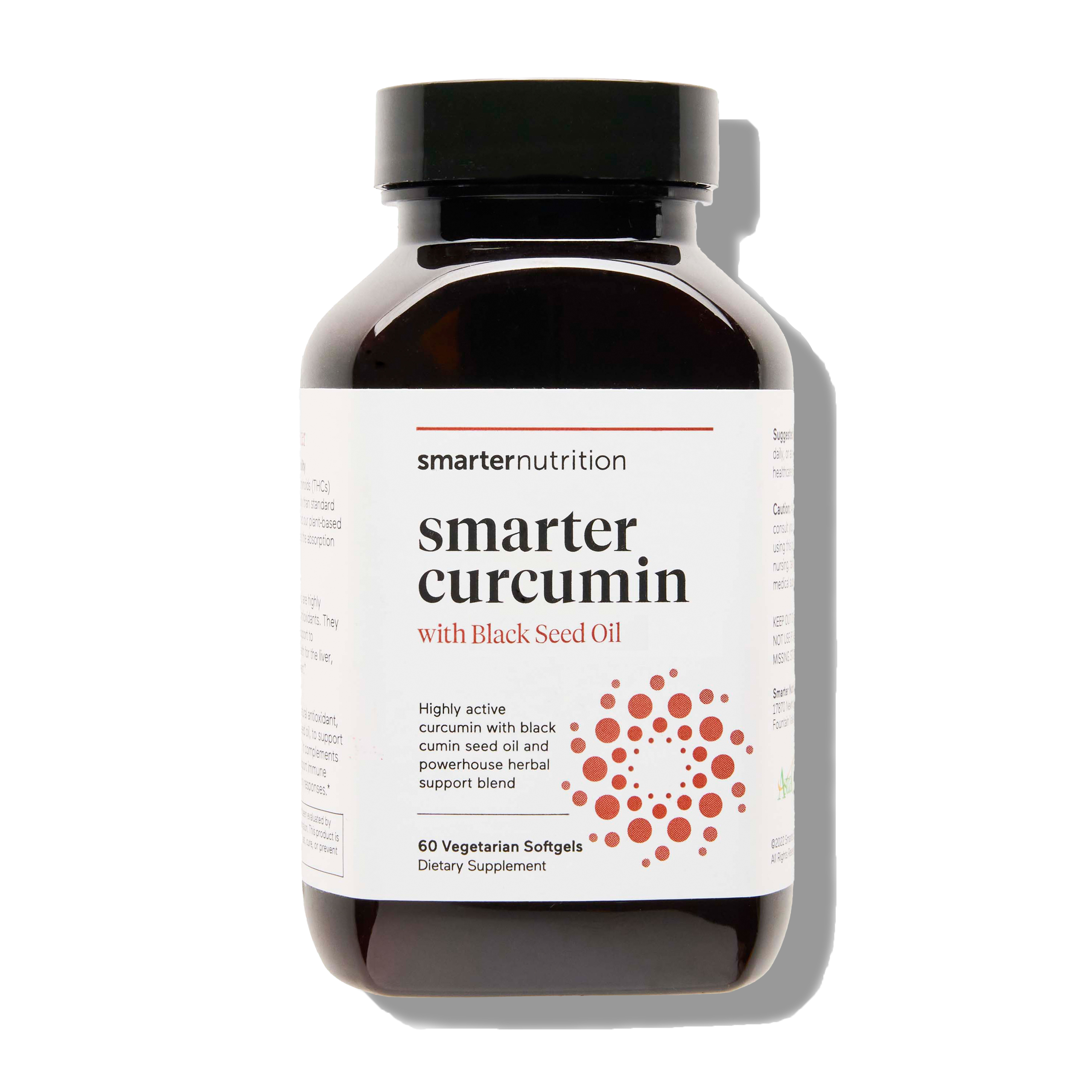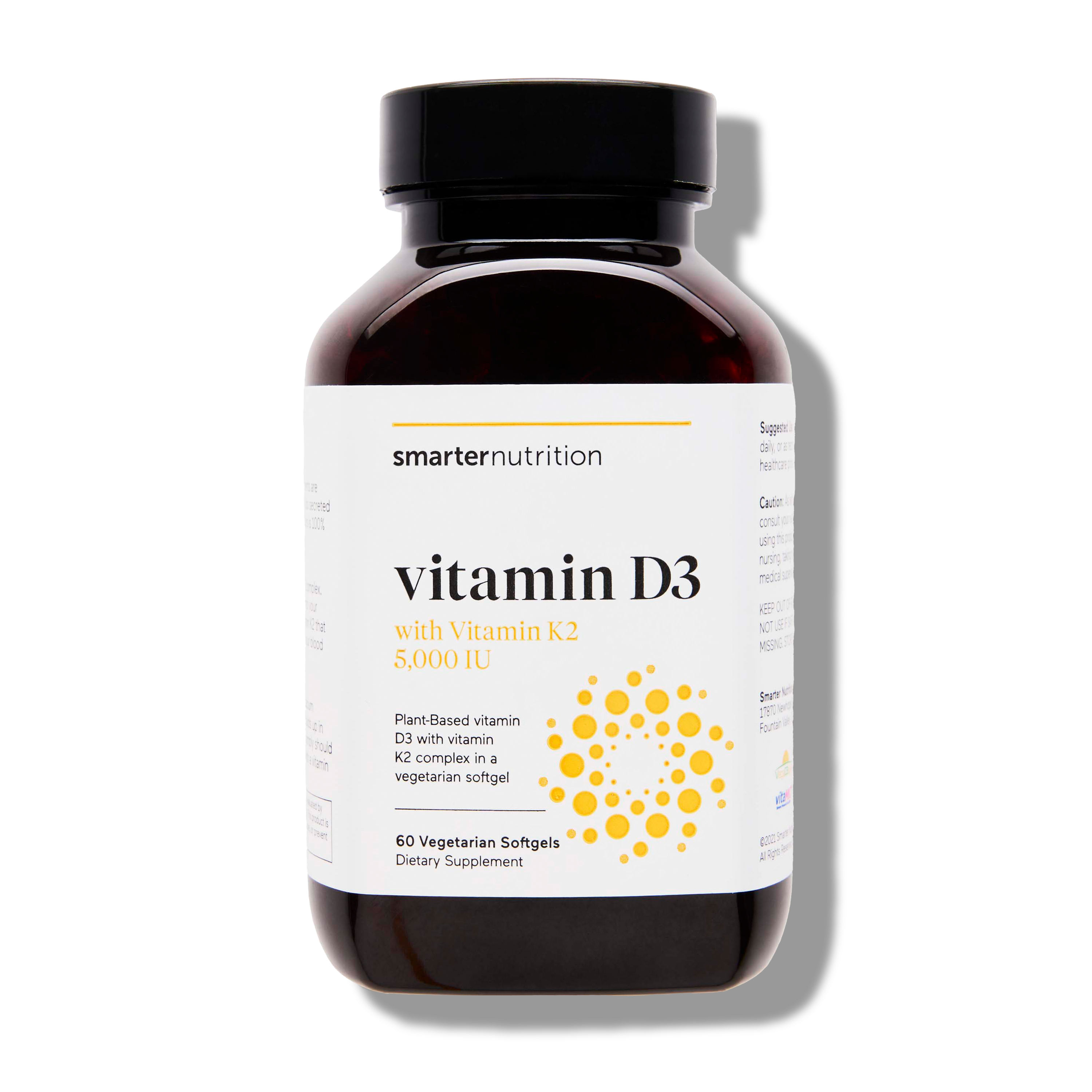The Inflammation Spectrum: Figuring Out Where One Lands and How to Lower It
If you follow the latest news in the health and wellness arena, chances are good you’ve heard about the dangers of chronic inflammation in the body. Normal inflammation is an important part of the immune system. According to the experts at the University of Wisconsin Health, inflammation occurs when the body responds to an illness or injury. This type of healthy inflammatory response is beneficial to protecting the body.
However, it’s chronic inflammation that increases your risk of inflammatory diseases like heart disease or arthritis. According to functional medicine expert Dr. Will Cole, the early signs of inflammation may not be obvious. You may be on the “autoimmune-inflammation spectrum,” but not experiencing enough symptoms to receive a diagnosis and proper treatment. Therefore, it’s very important to recognize the top chronic inflammation symptoms and learn how you can start making small steps towards fighting chronic inflammation as soon as possible.

What’s Inflammation Again?
If you don’t know how to define exactly what inflammation is, don’t worry. Medical researchers define inflammation as a way the immune system responds to stimuli. This process is vital to health and healing. Short-term (known as acute) inflammation can include infection or trauma. It usually subsides after treatment and resolution of those injuries or illnesses, generally within two or three weeks.
However, when inflammation goes on for months, or even years, it can cause serious damage to your overall health. A 2019 article published in StatPearls reports that causes of chronic inflammation can include:
- The body’s inability to rid of an infection
- An autoimmune disorder
- Repeated episodes of acute inflammation
Risk factors for developing chronic inflammation include:
- Aging
- Obesity, or body mass index above 30
- Stress or sleep disorders
- Consuming a diet high in fat and sugar
- Low levels of sex hormones
What are the symptoms of chronic inflammation?
Oxidative stress is a marker of inflammation. Over time, chronic inflammation and related oxidative stress can lead to cell damage. This can in turn increase the risk of inflammation-related diseases like heart disease, type 2 diabetes, and arthritis, to name a few.

Chronic inflammation can cause a host of unpleasant symptoms, including:
- Body aches and pains
- Brain fog
- Constant fatigue
- Insomnia
- Digestive issues like constipation, diarrhea, and acid reflux
- Weight gain
- Frequent illnesses and infections
If you notice you have any of these symptoms on a long-term basis, then you might want to visit your healthcare provider. They can check labs and provide insight into what is causing your symptoms.
What can you do to fight chronic inflammation?
Resolving chronic inflammation, depending on the cause, can sometimes be a complex and long-term process. However, there are some small things we can all do today to help reduce the inflammatory load on our bodies.
Add fruits and vegetables to your diet
A 2019 study by Barnard and colleagues in the journal Nutrients reported that plant-based diets can help support a healthy inflammation process in the body. This doesn’t mean you have to cut all animal-based proteins from your diet — it just means that you should start making most of your meal plates and snack options full of antioxidant-rich fruits and vegetables.
By consuming more antioxidants, you can help reduce oxidative stress and inflammation in your body. This can also help lower your risk of inflammation-related chronic diseases. Here are some tips to add more fruits and vegetables to your diet:
- Replace chips and pretzels with baby carrots and bell pepper strips for a crunchy snack. Add hummus or Greek yogurt dressing on the side for extra flavor.
- Steam vegetables for a side dish to your lunch and dinner meals.
- Puree vegetables like cauliflower, broccoli, or sweet potatoes to help thicken soups or sauces.
- Enjoy portable fruit like apples, oranges, and bananas for snacks during the day.
- Add berries to your oatmeal.

Sprinkle on some spices
A 2018 article by Kunnumakkara and colleagues reports that spices like turmeric, capsaicin, cinnamon, and cumin can help promote healthy inflammation support due to the antioxidant properties they possess. A 2019 study article by Jiang in the Journal of AOAC International shows such spices can help a support a healthy heart from risks of disease; however, there is very limited data provided to the FDA to support this claim.
Therefore, instead of using salt to flavor your food, try some of these healthy spices instead to flavor food. Sprinkle some cinnamon on apple slices, add some turmeric to your smoothie or soup, or add chili pepper (capsaicin) to your protein or veggie dishes.
Breathe
Studies suggest that mindfulness techniques, like deep breathing exercises and yoga, can lower inflammatory markers. Deep breaths calm the central nervous system and promote relaxation, which can help decrease inflammation.
Put yourself on a sleep schedule
A 2018 study in the journal Sleep showed that disturbed sleep is linked with higher levels of inflammatory markers in the body. So in addition to making nutrition and exercise a priority, be sure to put adequate sleep on that list. The National Sleep Foundation recommends that most adults get between seven and nine hours of sleep each night.
If you have trouble sleeping, try some tips for getting a good night’s sleep like:
- Hanging blackout curtains in your bedroom.
- Making sure your mattress is in good shape.
- Stop screen time on your computer, television, or smartphone at least an hour before your scheduled bedtime.
- Diffuse essential oils like lavender in your bedroom to help soothe you to sleep.
- Try relaxation breathing exercises before sleep.
- Exercise during the day to help you sleep better at night.

If these techniques still don’t help you sleep enough, be sure to visit your healthcare provider — sleep problems can also be a result of a medical condition like chronic pain or sleep apnea.
Bottom Line
Inflammation is a natural part of the immune system. However, like many things in life, it’s only okay in small doses. Long-term, or chronic, inflammation can lead to inflammatory diseases. These conditions may not always show apparent symptoms until a diagnosis is near, and by then, damage to your health is already underway.
Do an inventory of your health and take note if you’re showing symptoms of inflammation. And if you are, then incorporate the tips in this article to help reduce inflammation levels. Through small changes in diet, managing stress, and getting adequate restful sleep, you can help lower your inflammation levels starting today!




